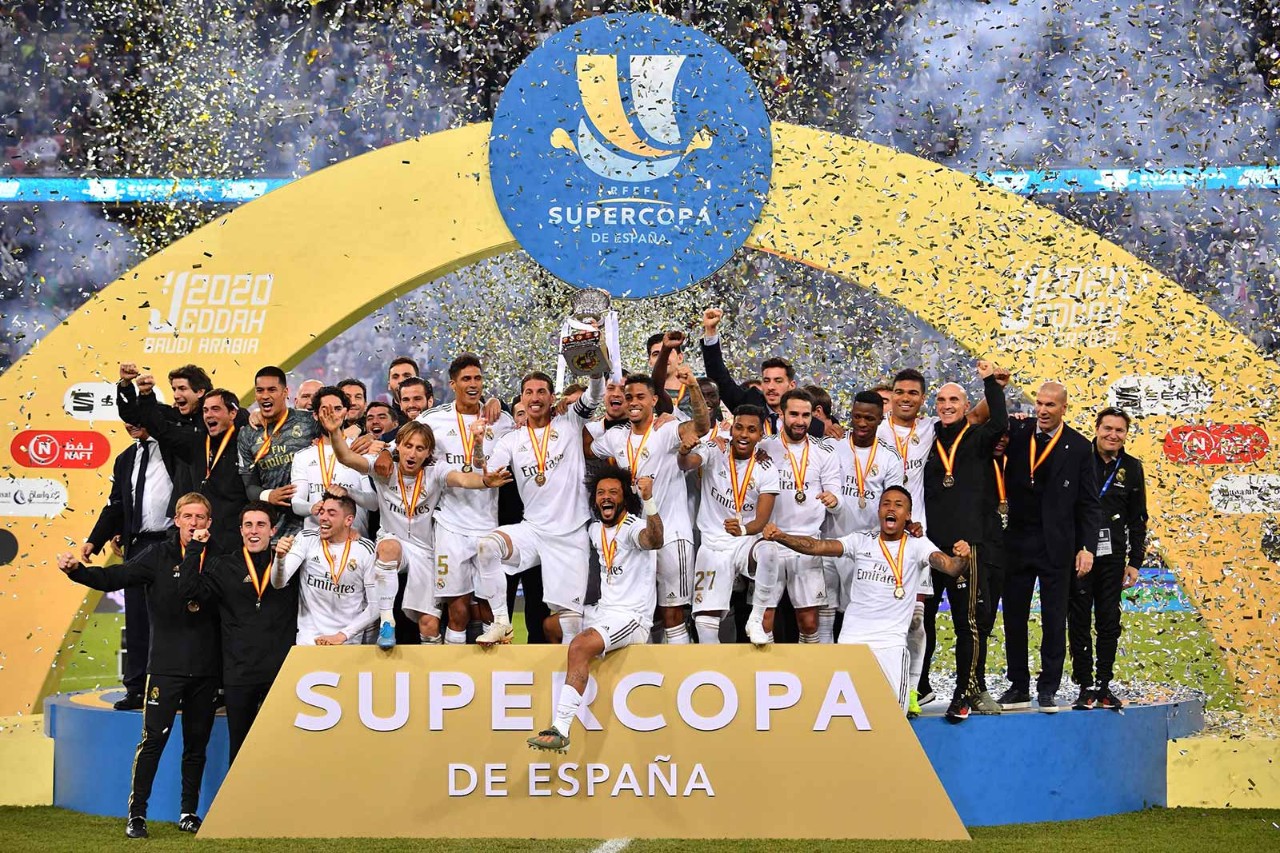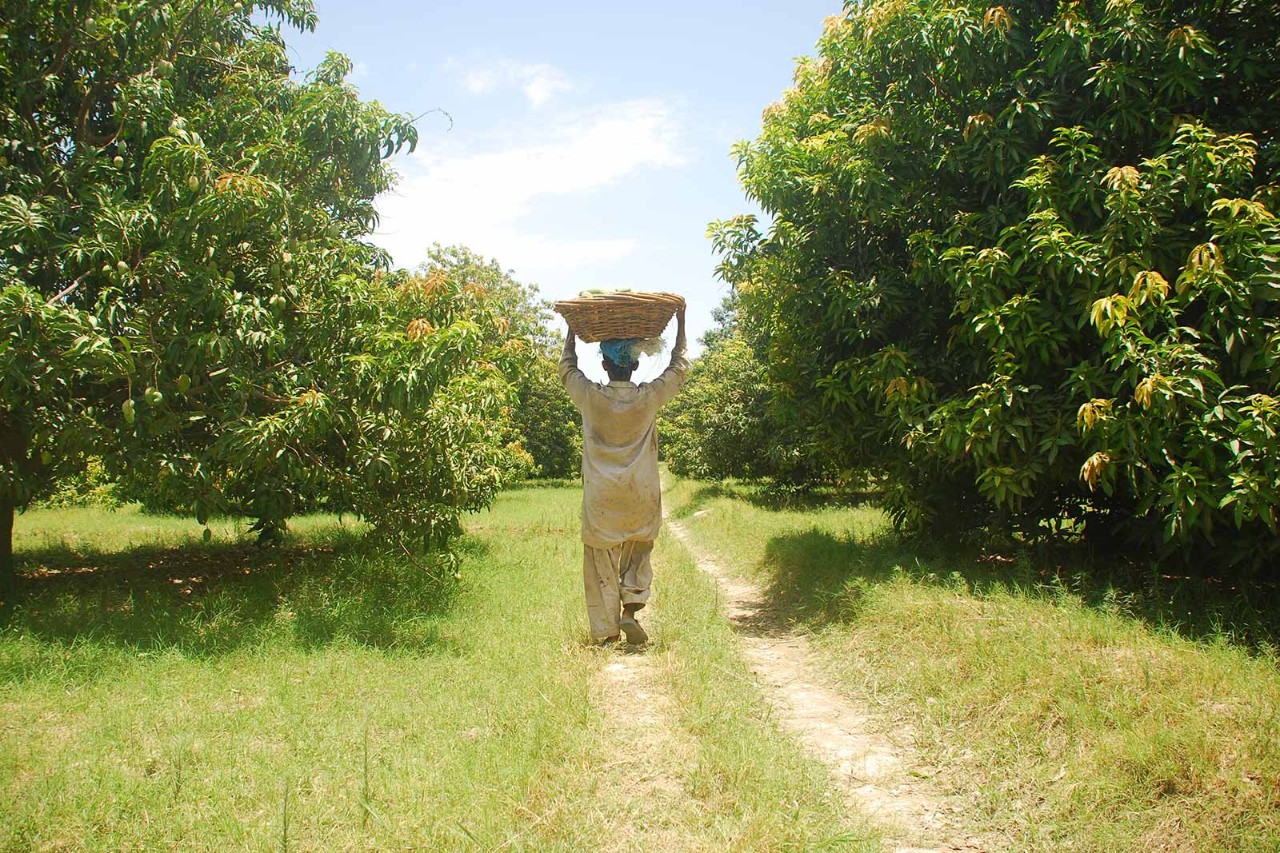
British boxers Anthony Joshua and Tyson Fury may have been forced to cancel plans to contest their combined four world heavyweight titles in Saudi Arabia this August, but the Middle East’s status as a venue for marquee sporting events is still firmly on the rise.
Barry Hearn, president of the bout’s promoter Matchroom Sport, says: ‘Saudi Arabia and the Middle East generally are spending huge amounts of money to attract big sporting events. Our duty to our clients is to maximise their earnings; quite frankly, the place that pays the most money gets the best fights.’
The money is, of course, the key, and the region is making hay while the petrodollar sun still shines. A report published earlier this year by the think-tank Brookings Institute, Economic diversification in the Gulf: Time to redouble efforts, makes clear the increasingly urgent need for economic diversification by the Middle East oil states. In 2020, the IMF estimated that on present trends the Gulf Cooperation Council (GCC) countries will have depleted their conserved hydrocarbon-generated wealth by 2034 – a timeframe that the pandemic has probably shortened.
The intention is to leave a legacy of lasting value by converting the stadiums for leisure, sports and entertainment activities
Winning the race
Yet the region’s bid to become a destination for top sporting events as part of a shift away from overreliance on oil and gas revenues seems to be working. In December 2020 Abu Dhabi was named the world’s leading destination for sports tourism for the eighth consecutive year in the World Travel Awards. Among other high-profile events, it has staged the Abu Dhabi Grand Prix on Yas Island since 2009 and this year hosted the third Fight Island event in the Ultimate Fighting Championship (UFC) mixed martial arts series.
Saudi Arabia alone is estimated to have spent US$1.5bn to date on high-profile international sporting events in a bid to diversify away from oil and to bolster its reputation against a background of criticism about its human rights record. Saudi Arabia hopes that tourism and travel will account for a hefty 10% of its annual GDP over the next decade, as part of its Vision 2030 initiative.
The kingdom has invested right across the sporting spectrum. It has held the FIDE chess championship, a European Tour golf tournament and the Diriyah Tennis Cup. In 2020, it also launched the world’s richest horse racing event, the Saudi Cup, with the US$20m prize money taking a sizeable chunk of the US$60m it has spent on the race in total.
Last year, the government announced a US$650m, 10-year deal with Formula One motor racing, which includes a race in the port city of Jeddah on a purpose-built circuit. In another 10-year deal, expected to be worth upwards of US$300m, Saudi Arabia is hosting the Spanish Super Cup – a four-club football tournament featuring the previous season’s Copa del Rey finalists and the top two in La Liga – until 2029. The country will also stage the 2034 Asian Games (following Qatar in 2030).
And sport is set to be an integral part of Neom, Saudi’s new city on the Red Sea, currently being constructed at a reported cost of US$560bn. To encourage tourism, Neom will even have different – more relaxed – laws from the rest of the country.
The beautiful game
Meanwhile Qatar’s coup in securing the 2022 Fifa World Cup is not only one of the most notable sporting venue triumphs secured by the region, but also one of the earliest, with the country awarded the hosting rights in 2010. Invest Qatar announced in May that it had committed US$200bn to infrastructure investments for the tournament, including eight new stadiums.
The showpiece will be the 80,000-capacity Lusail Stadium, designed by famed architecture firm Foster and Partners, in a new development on the outskirts of Doha, at an estimated cost of US$767m. After the World Cup is over and the tourists have gone, the intention is to leave a legacy of lasting value by converting the stadiums for leisure, sports and entertainment activities.
Tourist appeal
With fewer hydrocarbon reserves than some other Gulf states, Bahrain and Dubai were the first destinations in the region to recognise the appeal of big-league sporting events. The Dubai Open tennis championship began way back in 1993, while the Bahrain Grand Prix dates to 2004.
From cricket and basketball to tennis and rugby, Dubai has shown how sport can be a pillar for future economic success. While in Bahrain, tourism currently makes up 6.5% of aggregate economic value, and the Bahrain Tourism and Exhibitions Authority expects that contribution to swell to 8.3% by 2022. And as part of its plans to move away from a hydrocarbon-dependent economy, Invest Qatar is aiming for 5.6 million tourist arrivals in 2023.
Plans to diversify away from oil may have hit some obstacles with the Covid-19 pandemic, but with relaxed visa requirements, shifting politics and new transport connections, Middle East countries look set to lure back the tourists, sports enthusiasts among them, and to resume the high rate of increase in international arrivals generally achieved prior to 2020. And while hosting events may have resulted in crippling debts being racked up by some countries – Brazil’s staging of the 2014 Fifa World Cup and the 2016 Olympic Games was particularly painful fiscally – for the moment at least the deep pockets of the GCC countries should protect them from the kind of financial knockout that would floor other nations.
Middle East sport in figures
- US$65bn – amount spent on sports development by GCC states including Saudi Arabia and the UAE
- US$716m – amount Saudi Arabia has generated in e-sports revenues (among the top 20 countries for games revenue), compared with US$313m generated in the UAE
- US$1.7bn – annual spend on sport in Dubai
- US$100m – annual sponsorship spend for sports events in Dubai
- 1m – number of spectators watching sports events in Dubai each year, with the highest individual attendance being over 100,000 over three days at the Dubai rugby sevens.
Sources: PwC’s Middle East sports survey and Deloitte’s Economic Impact of Sport in Dubai


